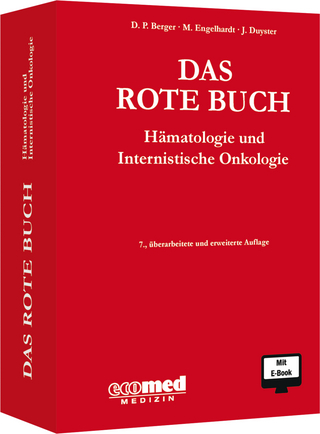
Drawing Blood
Johns Hopkins University Press (Verlag)
978-0-8018-6181-9 (ISBN)
- Titel z.Zt. nicht lieferbar
- Versandkostenfrei innerhalb Deutschlands
- Auch auf Rechnung
- Verfügbarkeit in der Filiale vor Ort prüfen
- Artikel merken
They have been harnessed to describe clinical phenomena and to reflect social and cultural realities that influence not only medical treatment but self-identity, power, and authority."-Susan E. Lederer, H-Net Humanities & Social Sciences On Line "Wailoo's masterful study of hematology and its disease discourse is a model of interdisciplinarity, combining cultural analysis, social history, and the history of medical ideas and technology to produce a complex narrative of disease definition, diagnosis, and treatment...He reminds us that medical technology is a neutral artifact of history. It can be, and has been, used to clarify and to cloud the understanding of disease, and it has the potential both to constrain and to emancipate its subjects."-Regina Morantz-Sanchez, Journal of Interdisciplinary History
Keith Wailoo is an associate professor in the Department of Social Medicine and the Department of History at the University of North Carolina at Chapel Hill.
Preface
Acknowledgements
Introduction: Putting the Question to Technology
Chapter 1. "Chlorosis" Remembered: Disease and the Moral Management of American Women
Chapter 2. The Rise and Fall of Splenic Anemia: Surgical Identity and Ownership of a Blood Disease
Chapter 3. Blood Work: The Scientific Management of Aplastic Anemia and Industrial Poisoning
Chapter 4. The Corporate "Conquest" of Pernicious Anemia: Technology, Blood Researchers, and the Consumer
Chapter 5. Detecting "Negro Blood": Black and White Identities and the Reconstruction of Sickle Cell Anemia
Chapter 6. "The Forces That Are Molding Us": The National Politics of Blood and Disease After World War II
Conclusion: Disease Identity in the Age of Technological Medicine
Notes
Index
| Erscheint lt. Verlag | 16.4.1999 |
|---|---|
| Reihe/Serie | The Henry E. Sigerist Series in the History of Medicine |
| Verlagsort | Baltimore, MD |
| Sprache | englisch |
| Maße | 152 x 229 mm |
| Gewicht | 425 g |
| Themenwelt | Medizinische Fachgebiete ► Innere Medizin ► Hämatologie |
| Studium ► Querschnittsbereiche ► Geschichte / Ethik der Medizin | |
| Studium ► Querschnittsbereiche ► Prävention / Gesundheitsförderung | |
| ISBN-10 | 0-8018-6181-0 / 0801861810 |
| ISBN-13 | 978-0-8018-6181-9 / 9780801861819 |
| Zustand | Neuware |
| Haben Sie eine Frage zum Produkt? |
aus dem Bereich


